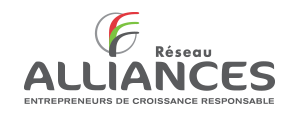The Chicorée Leroux company, French specialist in chicory, plays an important role on its market, both in France and abroad. The company is established in the Nord-Pas de Calais region since 1858, and counts 180 employees today. The generations which followed one another ensure the long-term viability of the company thanks to an unfailing spirit of initiative coupled with a permanent concern for innovation.
From the “seed to the cup”, Chicorée Leroux favors its territorial rooting in the Nord-Pas de Calais region. In 1998, Chicorée Leroux was the 1st European company from the food-processing industry to invest in a unique system of ferti-irrigation: a system of water management through a willow plantation.





